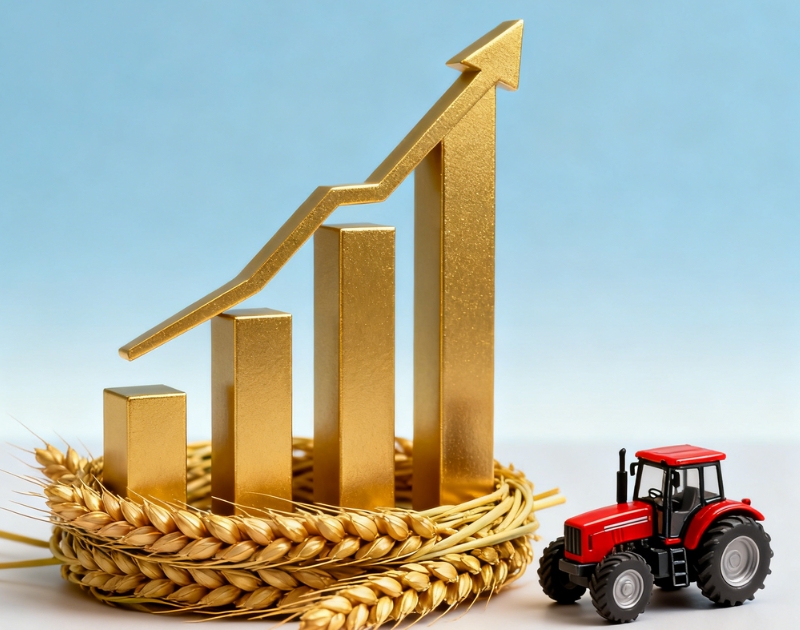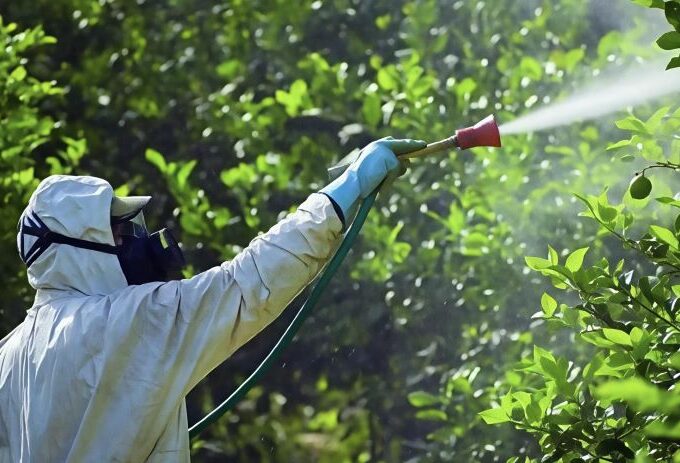As extreme weather events such as droughts, floods, and heatwaves continue to increase globally, smallholder farmers reliant on rain-fed agriculture are becoming the most direct victims of climate shocks. Agricultural systems in sub-Saharan Africa and South Asia are generally highly vulnerable, where a single extreme weather event can lead to widespread crop failures, triggering a chain reaction of income declines and food price volatility. Against this backdrop, the Bill & Melinda Gates Foundation announced at 2025 United Nations Climate Change Conference (COP30) that it will invest $1.4 billion over the next four years to enhance the climate resilience of smallholder farmers in these regions. The foundation stated that global climate finance has long underfunded agricultural adaptation efforts, and the vulnerability of smallholder farmers makes targeted support particularly urgent.
Three Priorities for Climate-Resilient Agriculture
According to information released by the foundation, the funds will primarily be allocated to expanding digital agricultural advisory services, promoting climate-resilient crop and livestock systems, and strengthening soil health research. Digitalization is viewed as key to enhancing farmers’ risk resilience. The foundation plans to collaborate with multiple technology institutions to leverage artificial intelligence and mobile communication technologies, providing farmers with more precise weather forecasts, pest and disease alerts, and planting recommendations. SMS and mobile applications will serve as primary information channels, ensuring farmers in remote areas receive timely climate and agricultural guidance.
In agricultural technology, the foundation will advance research into drought-tolerant, heat-resistant, and pest-resistant crop varieties while supporting more resilient livestock farming practices to mitigate the impact of extreme weather on yields. Simultaneously, soil health is recognized as the foundation of agricultural sustainability. The foundation announced a $30 million investment in related research, including degraded land restoration, soil fertility enhancement, and increased soil carbon sequestration capacity to support the long-term stability of agricultural systems. The foundation emphasized that these measures will be implemented through collaboration with local governments, agricultural organizations, and research institutions to ensure innovative technologies genuinely serve farmers and achieve large-scale adoption.

Long-Term Strategy for Global Food Security
The Gates Foundation has significantly increased its investment in climate adaptation for agriculture in recent years. As early as COP27, the foundation announced a matching commitment and has since advanced agricultural innovation projects across multiple countries in Africa and South Asia. This new funding is seen as a continuation of its long-term strategy and a direct response to rising global food security risks. As climate change brings increasing uncertainty, the adaptive capacity of smallholder farmers will directly impact regional food stability and rural economic development. Industry experts note that amid pressures on global food systems, such investments not only support vulnerable populations but also represent a critical measure for ensuring long-term global stability.










